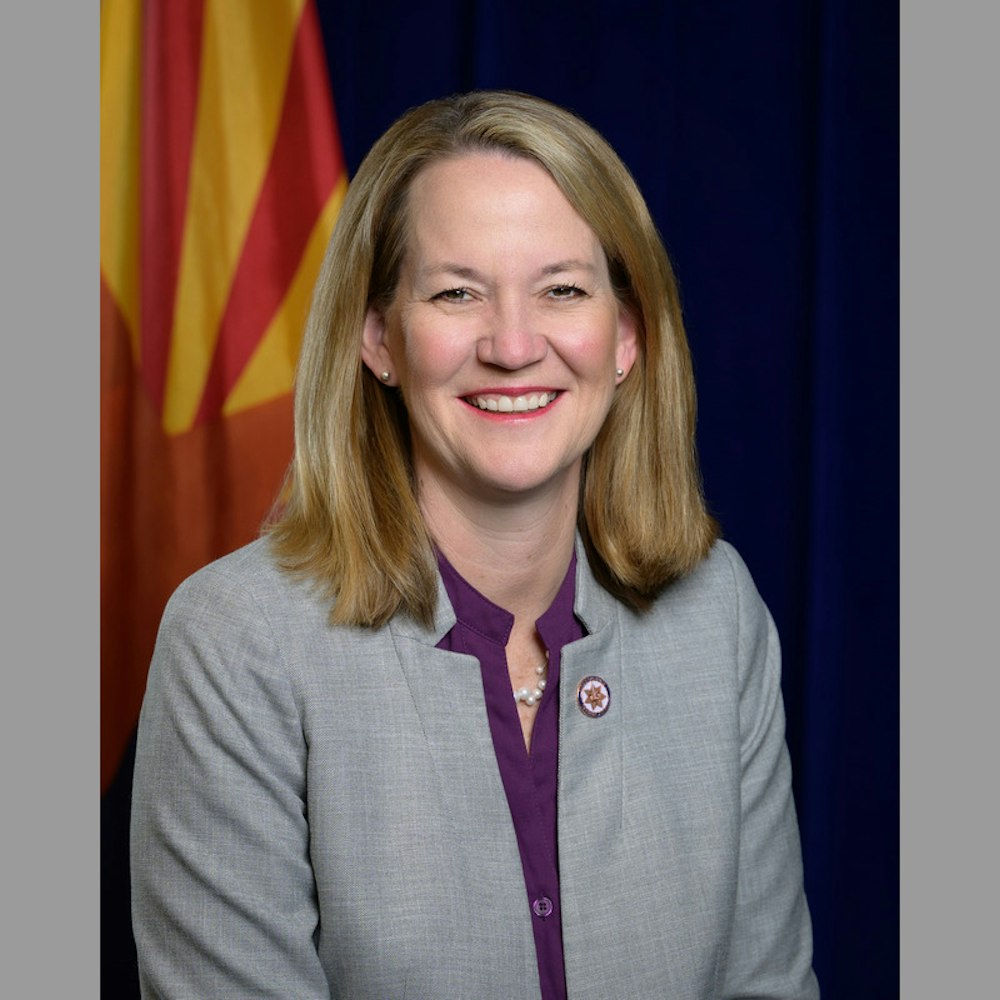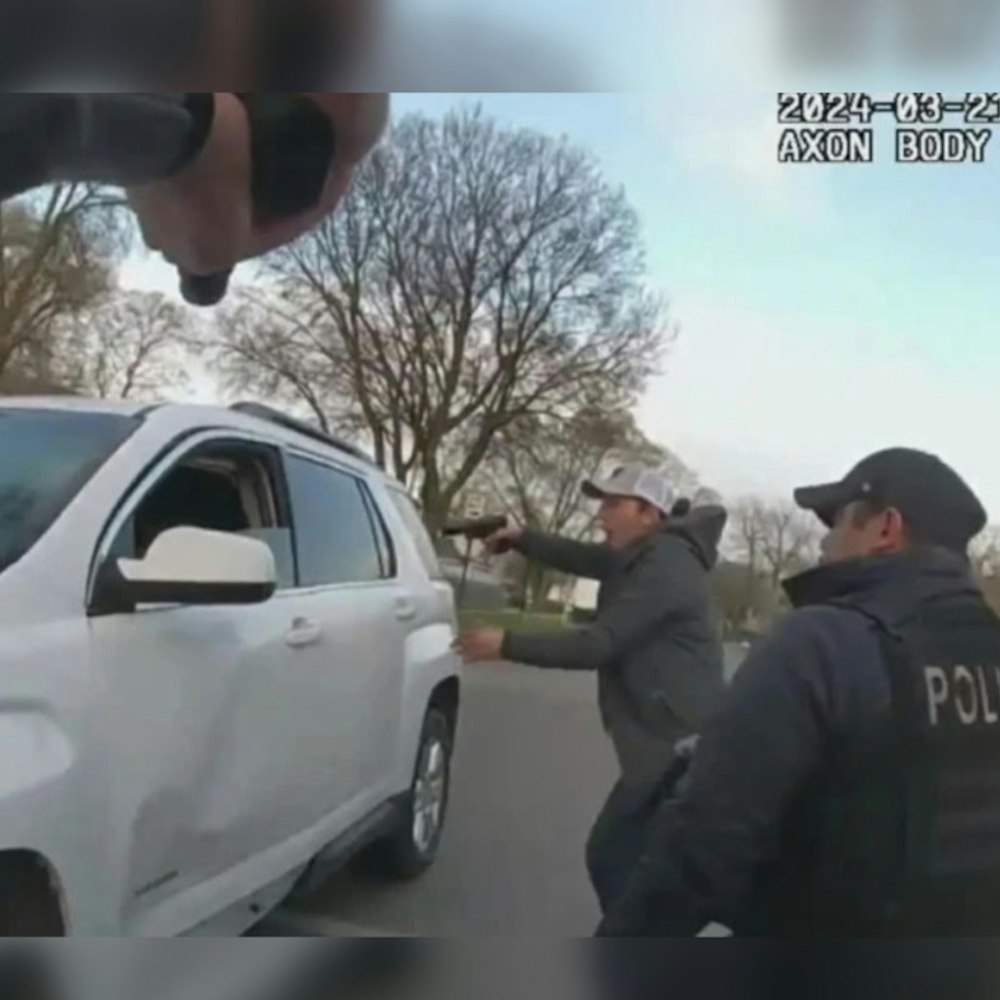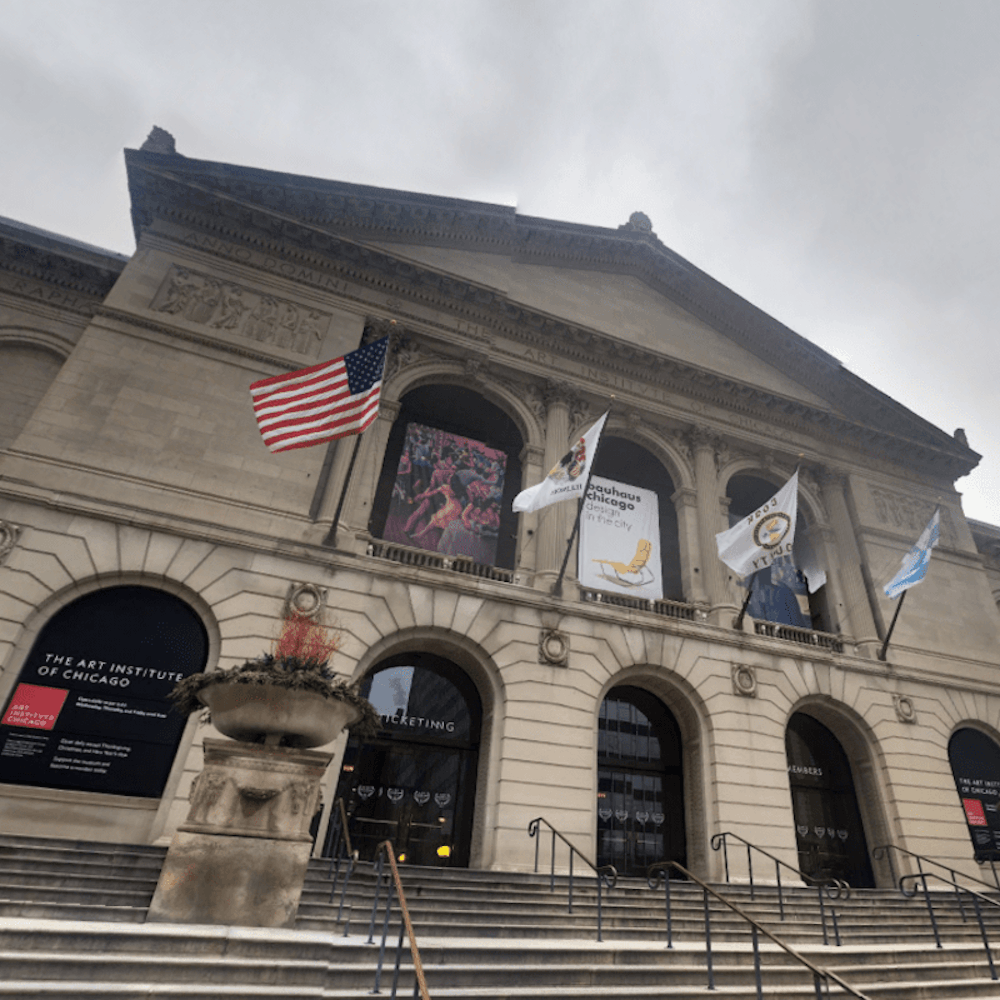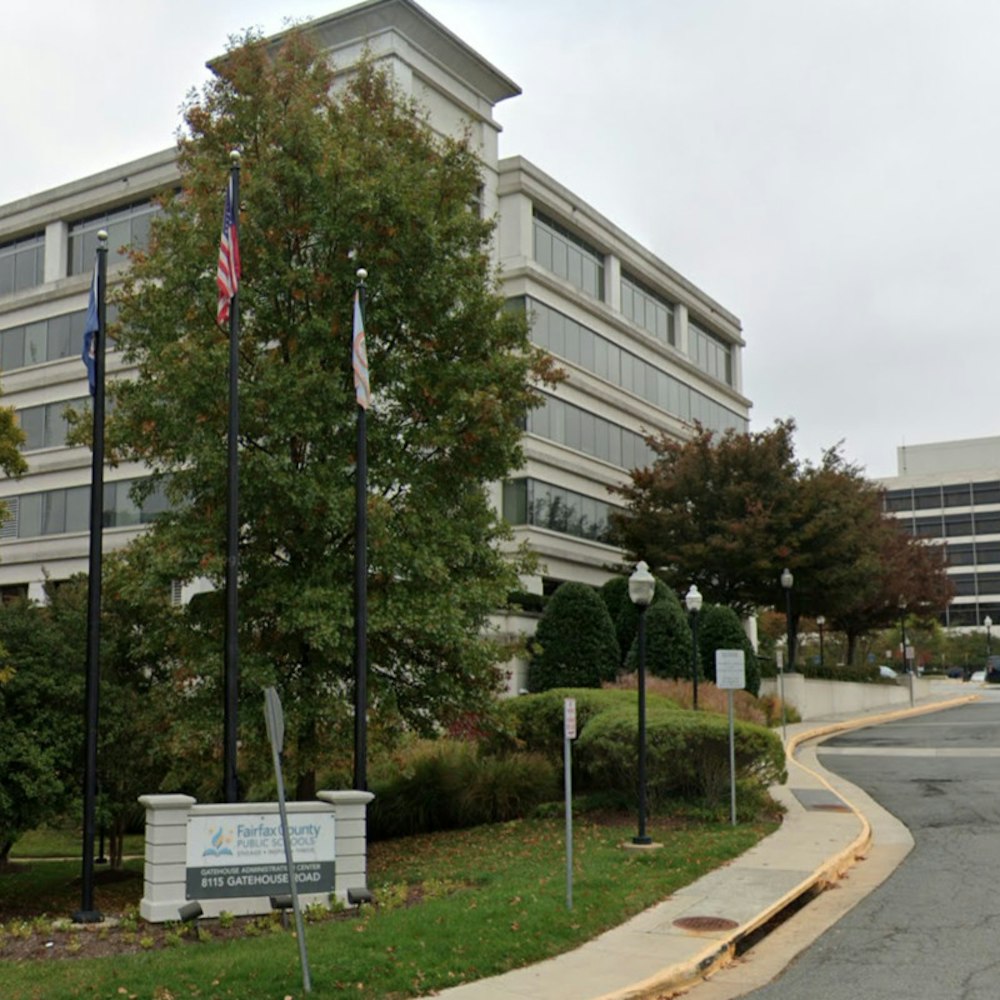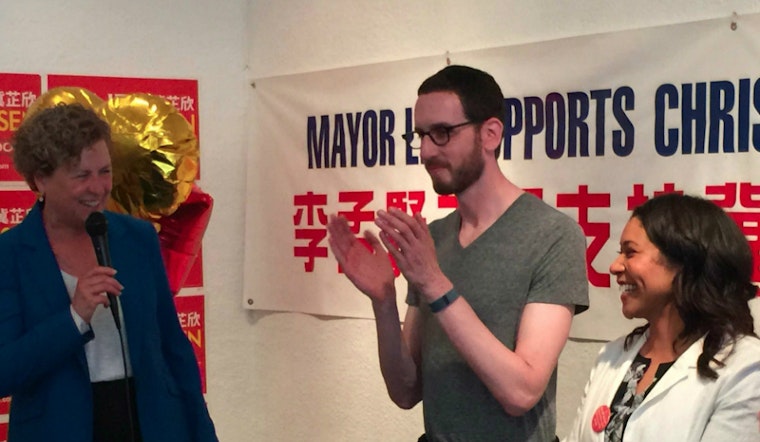
In an effort to shoehorn in more housing units in a densely populated area, District 3 Supervisor Julie Christensen has introduced legislation to allow "accessory dwelling units" (ADUs) in her district. Supervisor Scott Wiener has introduced the same ordinance for District 8.
The idea is straightforward: add more units in existing buildings without changing the zoning or character of the buildings or neighborhoods, and without taking space away from existing units. The district has the potential to add 779 new units and theoretically up to 3,116 units, according to Exhibit D in the Planning Department case packet. But the process has been complicated. There are three versions of the ordinance in front of the Board of Supervisors and Planning Commission, with various amendments to two of them.
An ADU is a previously non-residential space in an existing building that's carved out to create a new unit. Typically, they're storage rooms or garages on a ground floor; they're often called "in-law units," because many building owners convert them for relatives to live in. Christensen said she heard from owners of large apartment buildings who were adding rooms to existing apartments and connecting them via a stairwell because they're not allowed, per density restrictions, to create completely new units. They'd like to create separate units, but aren't allowed.
“We desperately need senior housing; we desperately need starter housing," Christensen said. "We have a way to add that housing that is minimally disruptive and we’re not doing it. Why?” Under current citywide legislation, ADUs are legal in the Castro trial area, in buildings that have had earthquake retrofits and through the legalization of illegally added ones, as long as they're code-compliant. But this would make them available to all building owners in the two districts.
Many large apartment buildings have boiler rooms, storage rooms and other ground-floor spaces that aren’t needed, Christensen said. “A lot of these additions are likely to be on the ground floors of buildings, which means they should be more accessible" for seniors and those with disabilities. By not changing the structure of the buildings, the new units will help preserve neighborhood character; if they're added to buildings constructed before 1979, they'll also be rent-controlled.
Though the legislation would add badly needed housing, some locals have said Christensen didn't conduct enough neighborhood outreach before she introduced it. Christensen thinks politics may be to blame. "In a heated political climate, my political opponents are trying to find a way to support the legislation while opposing me, and the way they have done this is to criticize the methodology.”
Most of the buildings affected are on Polk Street and along Broadway and in Lower Nob Hill and Nob Hill, as well as some in North Beach, she said, so that's where she focused her communication efforts. She didn't meet with Telegraph Hill Dwellers, whose president, Stan Hayes, wrote a letter to the Planning Commission. "We urge the Commission to continue the hearing, referring the proposed legislation back to its sponsors for further review and additional community outreach," Hayes said in the letter.
The legislation is still in the works, with two different versions at the Planning Commission and one for the full Board of Supervisors to consider when it reconvenes after its August break. An unamended version went through the Planning Commission on July 16th.
District 6 Supervisor Jane Kim also brought up concerns and introduced amendments to the legislation. One would prohibit a building owner from adding an ADU if an Ellis Act has been done on a unit within less than 10 years. She also asked to prohibit short-term rentals in ADUs and to prohibit condo conversions, so the units would always be either rentals or owner-occupied. Those three amendments passed the Board of Supervisors Land Use and Transportation Committee on July 20th, and were added to a duplicate file of the ordinance and referred back to the Planning Commission to put on its agenda.
On July 27th, Kim also added an amendment to the first version of the legislation to require an affidavit from the owner if they planned to offer short-term rentals in the unit. If so, the Planning Department would monitor it. The details around this amendment haven't been worked out yet, but it was in the version that passed at the full Board of Supervisors vote on July 28th.
When the Board of Supervisors reconvenes in September, it'll vote again on the version that passed on July 28th. The duplicate version with amendments will go back to the Planning Commission for further consideration. This keeps the legislation moving forward, while allowing the amendments to be considered.


